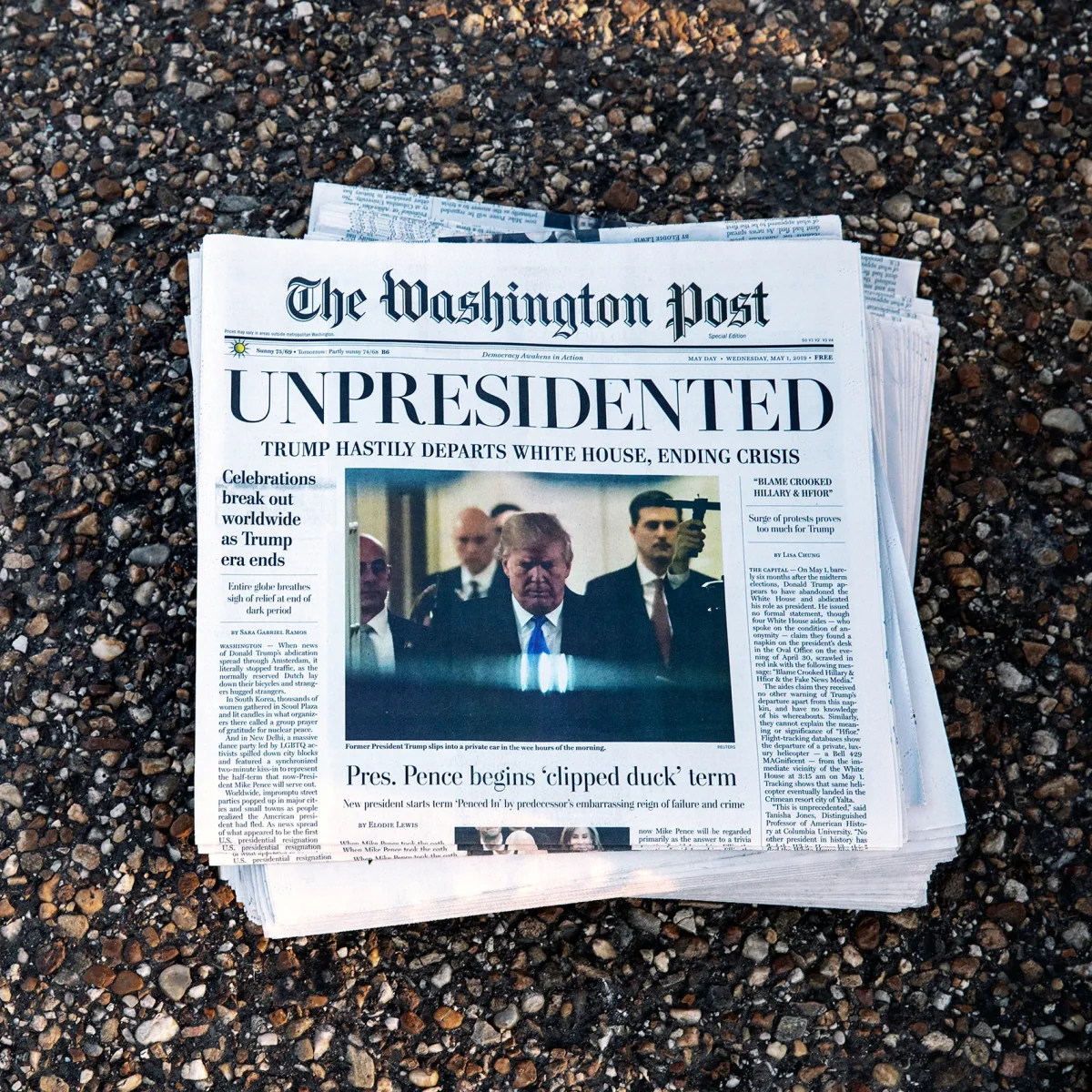On Oct. 25, 2024, William Lewis, the publisher and chief executive officer of the Washington Post, announced that the Post would not be endorsing a candidate in this or any future presidential elections. This breaks a tradition the paper has had since its endorsement of Jimmy Carter in 1976.
Since this was announced, important details about the decision have come to light: details such as the fact that it was Jeff Bezos, the billionaire owner of the Post, who chose not to endorse. The editorial board had been planning to endorse Vice President Kamala Harris and had already written the endorsement when Bezos chose to shut it down.
He wrote a column in the paper explaining this decision, saying, “Presidential endorsements do nothing to tip the scales of an election. No undecided voters in Pennsylvania are going to say, ‘I’m going with Newspaper A’s endorsement.’ None. What presidential endorsements actually do is create a perception of bias. A perception of non-independence. Ending them is a principled decision, and it’s the right one.”
Whether or not this was his true motivation, the fact stands that an extremely powerful billionaire has decided that a newspaper cannot write what it wants to. I understand the outcry that this decision caused. However, I believe that many of the people who are angry have taken issue with the wrong thing.
For many of us, this election feels existential. I am going to guess that most people who are reading this article support Kamala Harris, and I am going to state, for transparency’s sake, that the person writing this article supports her too. (If you do not, I hope you will continue reading).
I believe, as do many of us, that Donald Trump is a threat to democracy. It can feel like a very morally objective situation, like this is beyond normal politics, like one side is clearly in the right. With this in mind, the Post’s non-endorsement may feel like they are turning their backs on the “right side.”
I understand that argument, but I frankly do not care whether or not any newspaper endorses a candidate. I do care that they have been forced not to. If the wealthy and powerful decide what journalists can and cannot print, the First Amendment we hold so dear is all but defunct.
But rather than anger at the suppression of free press, much of the public’s anger has been directed at the press themselves. According to Axios, at least 250,000 people have canceled their Washington Post subscriptions. That’s 10% of the 2.5 million subscribers the paper had prior to the non-endorsement announcement.
The country is divided and partisan enough right now. The one thing that should bring us together is the truth, and the truth is what journalism is all about, or it is supposed to be. If you, whoever you support, believe that your candidate will be overwhelmingly better for the country, then a newspaper that reports without bias on their actions and policies will make this evident.
We should not be angry that a newspaper is staying unbiased. Even in times of tremendous risk, even in times of incredible importance, their job is not to decide what is and is not correct. We should be angry that a billionaire is deciding what is worthy of being written. That is where we must focus our attention. Rather than canceling your Post subscription, buy fewer items from Amazon. Hit Bezos where it hurts. Continue to fund the reporting that, despite what the critics may say, upholds our democracy and keeps us informed.
We live in an age where opinions seem to be valued more than facts. Truth is cast aside as a secondary consideration. Now more than ever, we need journalism. So fight for it. Be angry that voices were silenced, no matter what they were going to say. Because as the Washington Post’s slogan goes, democracy dies in darkness.













